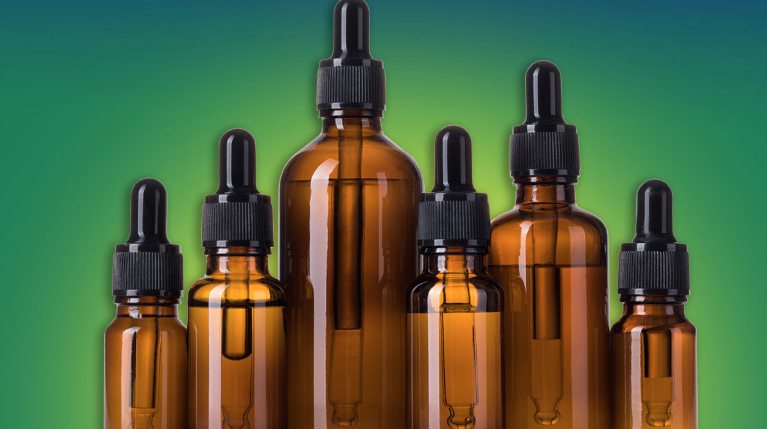WHAT’S THE DEAL WITH CBD?
IT’S COMPLETELY LEGAL EVERYWHERE, RIGHT?
CBD, a naturally-occuring substance found in every variety of the cannabis plant, is touted for a bewildering array of potential therapeutic applications including inflammation, pain, anxiety, and depression. (Another substance found in cannabis you’ve probably heard of is THC — its psychoactive properties provide the “high” associated with marijuana and the U.S. Department of Justice still touts it as a felony.)
But what was a trickle of products containing CBD derived from marijuana burst through the Walgreens floodgates last November when CBD derived from hemp became legal following passage of the federal Farm Bill. Reversing 82 years of prohibition, Congress decreed that cannabis containing less than .3% THC would heretofore be known as hemp — and any products derived from it became legal to possess, own and transport in and among all 50 states.
So why is there still so much confusion about the legal status of hemp-derived CBD products?
For one thing, the federal Farm Bill didn’t magically do away with state laws outlawing hemp. That’s why grandmas with CBD oil at Disneyworld and truckers hauling hemp through Idaho still are being arrested. The U.S. Postal Service says it’s OK to mail CBD, and the TSA confirms you can fly with it, but if you’re not on federal property you could be violating state law. Even in states where hemp-derived CBD has become legal, if you are arrested and your CBD product exceeds the allowable state THC limit, you could be charged with state and federal crimes.
How can you protect yourself? By far the number one reason why hemp-derived CBD oils cause legal trouble is mislabeled product.
Research the products you see advertised or are recommended to you, and purchase only quality, reputable brands that undergo third-party-testing. Look for recent lab reports available via QR code or on the product’s website, and labels that provide clear information on dosing/serving size. Be extra-vigilant if you buy CBD from a dispensary or in a legal state — there is a much greater chance the product is marijuana-derived, and therefore a much greater chance it exceeds .3% THC.
Until every state aligns its laws with federal hemp legalization (or cannabis is descheduled), the best way to avoid being caught in this legal conundrum is to have a high degree of confidence that the label on your product accurately reflects its contents.
#CBD #hemp #hempderivedCBD #CBDproducts


